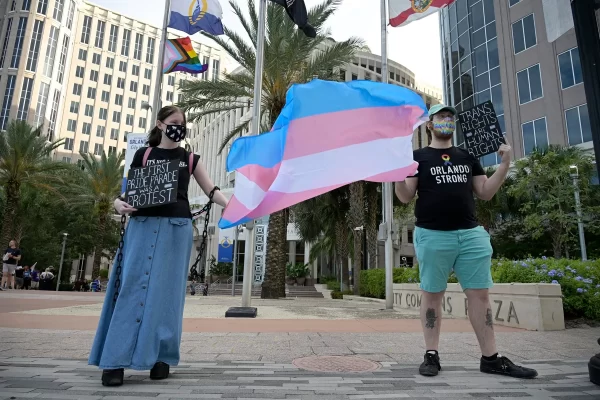…And that’s on PERIOD!

April 19, 2023
During the month of March, we continued to celebrate women’s history month, a commemoration of women’s contributions to culture, history, and society. In regards to this celebration of women in society, we must also address the challenges they have faced along the way– and the inequalities embedded in many of these challenges. Today, over half percent of our global population– 50.5% is made up of women. These are women who have had to overcome sexist ideals in schools, the workplace, and in day-to-day life. Along with this, women and people who menstruate have experienced their own personal issues that aren’t always talked about– one of the most prevalent being periods.
Women in Spain are witnessing the positive results of a decision made in regards to their personal health. Last month in mid-February, the Spanish government passed a law giving people who have periods the right to take three to five days off from work if they are feeling discomfort during their periods. This is a great stepping stone for women’s progress in the workplace, and the integration of more just and understanding laws on a global level.
Before getting into the details, it is important to address the tampon shortage as of recently that stretches across the U.S. While the causes of this are varied, a major contributor to this shortage is the increased cost of production for materials like cotton, rayon, and plastic. These are three of the main components in tampons, and some pads too. With the production costs rising, so are prices of period products– the demand is up 7.7% over the past two years just for Tampax tampons alone. This nationwide shortage has its downsides, but it also allows for emphasis on using more environmentally friendly, or reusable period products. With all this said, at the end of the day I still believe that period products should be completely free of cost (especially in schools and the workplace)– if toilet paper is free, why are tampons and pads?
In consideration to the tampon shortage, we also have to take a look at the biases and sexism prevalent in society on a more personal level. A poll showed that out of 1,500 women, 33% of them have hidden their period struggles from their partner– even more significantly, a study in 2021 revealed that 42% of women have experienced period shaming, or uncomfortable comments from male friends regarding periods. These statistics not only highlight the stigma around periods, but lead us to wonder how much longer this is going to go on.
With all of this said, the stigma around periods is gradually lessening, and a few improvements have even been made lately. The UK opened their first “period charity shop” in Surrey, called Binti Period. This is a charity organization providing period products for women and girls in need, while also supplying them with accessibility to menstruation information and advice. While this business hasn’t yet expanded throughout the country, it aims to establish shops all over the UK, and hopefully the U.S. in the near future.
Along with this development, the National Health Services (NHS) have made a seemingly small, but nonetheless large leap towards more inclusive societal norms. Several weeks ago, the NHS website omitted the word “girls” from their website, amid their bid for inclusivity. Their consideration of the variability of different genders and identities is cause for this movement.
From these many developments, some more minimal, with others of greater impact, we can see a trend in the gradual shift away from period stigma and sexist enforcements in the world. While we have a long way to go, concept like the passing of Spain’s new “Period Plan” law, the UK’s Binti Period charity shop, and technological shifts in regards to period inclusivity on NHS’s website, all represent growth in women’s rights and period rights.









